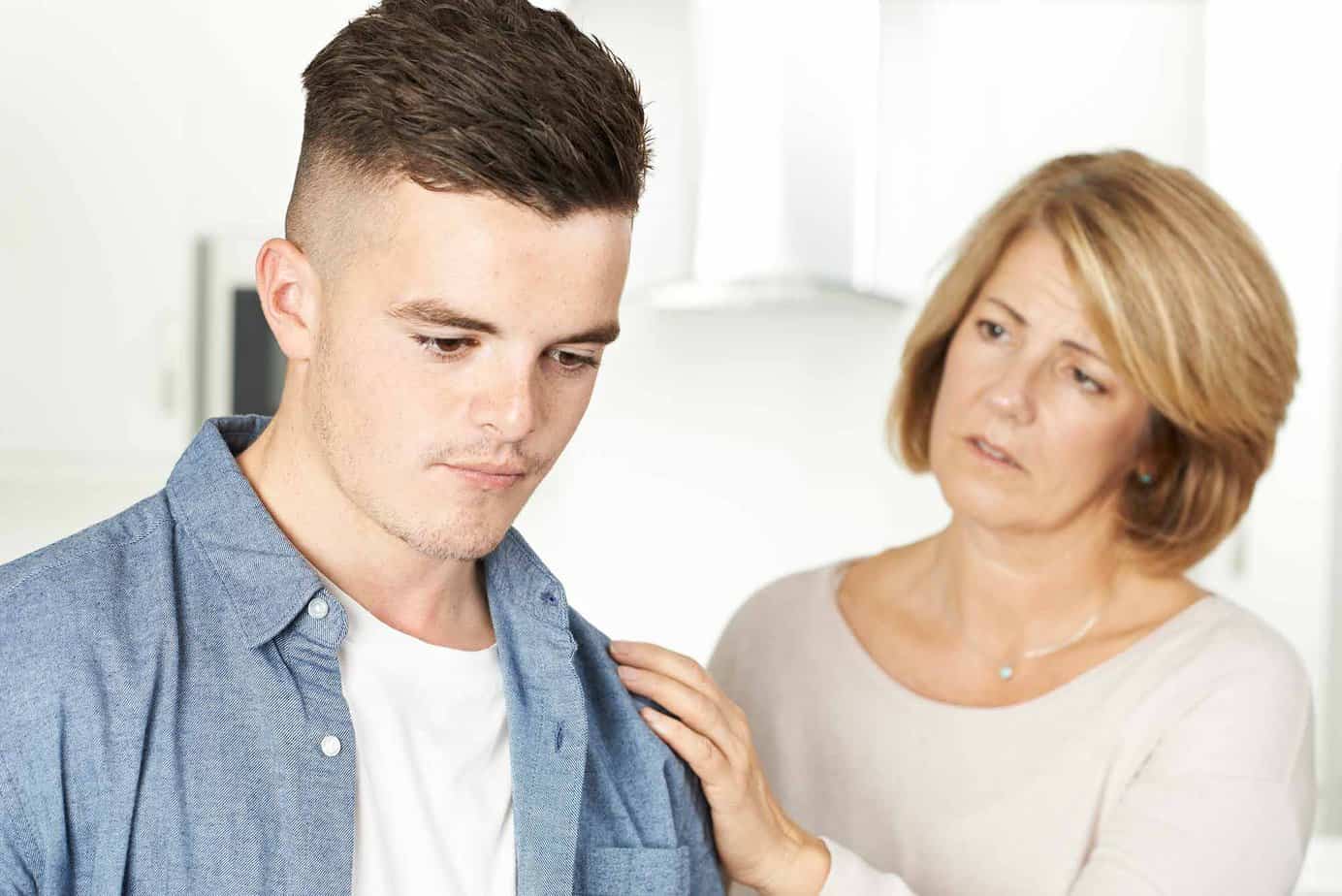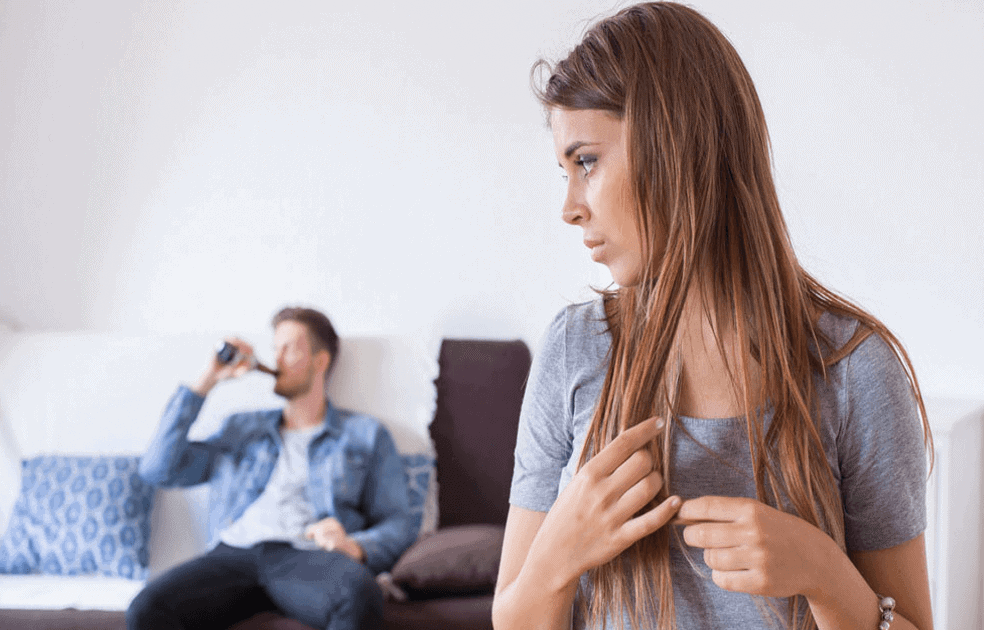Alcohol is the number one drug of choice for young Americans. In fact, it’s more likely to kill young people than all illegal drugs combined. The reason why: underage drinking is an easy, appealing risk for a lot of young people – and young people like to take risks.
Teens don’t realize all of the consequences related to drinking alcohol. They don’t think they’ll wind up involved in traffic fatalities, violence, suicide, school problems, social problems, alcohol overdose, unsafe sex, and other problem behaviors. They think they’re special, and as teens get older, they drink more. By age 15, half of teens have had at least one drink, and by age 18, more than 70 percent of teens have had at least one drink, according to the National Institute on Alcohol Abuse and Alcoholism (NIAAA).
Where does your teen land on that spectrum? Roughly 10.4 million young people drank more than “just a few sips” of alcohol in 2009. More than 190,000 people under 21 visited an emergency room for alcohol-related injuries in 2008 alone.
Is your teen a binge drinker? When young people drink, they drink more than adults. The Substance Abuse and Mental Health Services Administration (SAMHSA), which conducts the annual National Survey on Drug Use and Health (NSDUH), defines binge drinking as drinking 5 or more alcoholic drinks on the same occasion on at least 1 day in the past 30 days. Binge drinking is a growing problem among young people (12-17 years old), with about 6 percent of them reporting consuming alcohol in this way.
To find out if your teen is drinking, you’re going to have to do more than keep tabs on all the alcohol in your home. You will need to keep an eye out for these signs:
- Acting out in school
- Poor grades
- Hanging out with different friends
- Less interest in activities previously enjoyed
- Slurred speech and coordination problems
If you suspect your teen is drinking, it’s important to address it early. Young people who start drinking before the age of 15 are 5 times more likely to develop alcohol dependence issues later in life than those who begin drinking at or after the age of 21.
The National Council on Alcoholism and Drug Dependence (NCADD) has created a self-test for teenagers to determine how their use – or misuse – of drugs and alcohol is affecting their lives. Maybe it’s time for you to have a talk with your teen.
Even if you don’t think your child is the type to start drinking alcohol underage, consider these reasons young people start drinking alcohol: peer pressure, a desire for increased independence, and stress. Are you sure your child isn’t facing any of these issues, or that they won’t buckle under the pressure when these issues appear?
If you want to stop your teen from drinking alcohol underage, you need to set and enforce clear rules against it, talk with your teen about the dangers of drinking, and keep the lines of communication open about life in general. Also, be mindful of how you drink alcohol around your child. Your example is the best example.
If you or a loved one is struggling with addiction, Mountainside can help.
Click here or call (888) 833-4676 to speak with one of our addiction treatment experts.

 By
By 




